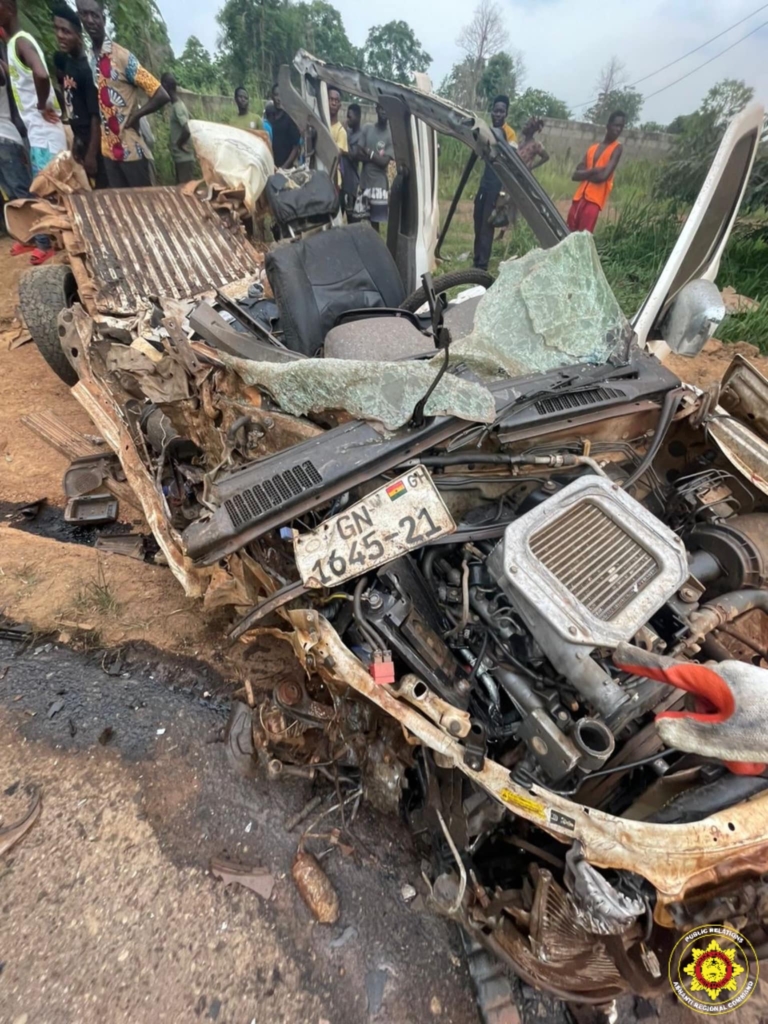
Extortion and kidnap - a deadly journey across Mexico into the US

Once they established who the migrants were, they asked each of them for 1500 pesos (US$90) or they would be detained.
The migrants pooled their cash but were short by 200 pesos (US$12).
When the Mexican authorities swooped, five people were arrested and more than 100 migrants freed.
Some of them had been held in the house for three weeks.
"They didn't have food and water, and they were maltreated physically and psychologically," says Teresa Flores Munoz, a local police officer involved in the operation.
She remembers a woman from India.
It was really desperate."
US border patrol pick up migrants at YumaTwenty-three nationalities were represented among the captives, including people from Bangladesh, Uzbekistan, China, Mauritania and Senegal.
According to local reports, the kidnappers demanded US$2,500 from each migrant, double from pregnant women.
If the migrants do not have the money, the gangs demand it from relatives either back home or north of the border in the US.
These extortionists and hostage-takers are not only professional criminals - some are also law enforcement.
As Eduardo's bus continued north through the Mexican states of Sinaloa and Sonora, he says they were stopped at six police checkpoints where officers demanded money from the migrants.
"If you didn't have cash they called you over.
After he left us, he sent us photos, taken secretly, of his bus home being stopped by a gang, their faces covered.
"Everyone on the bus knew they were sicarios [hitmen] for the drug and migrant trafficking mafia," he said.
The masked men only questioned people they suspected weren't Mexican - those in poor clothing, their faces fearful.
There is speculation they were people who tried to make it onto American soil without paying a "coyote" or the criminal group that controls that part of the border.
What is evident is that the cartels have diversified their economic activities to include extortion, kidnap and human smuggling, says Dr Victor Clark Alfaro, a professor at San Diego State University.
Border at Tijuana"I call them 'narco-coyotes' because they not only cross people, they also cross drugs into the US," he says, adding that migrants can be forced to take narcotics with them.
In Tijuana, the infamous Sinaloa cartel controls groups of human smugglers and so does the Jalisco New Generation cartel.
"Violence is one of the key elements of organised crime," says Dr Clark.






